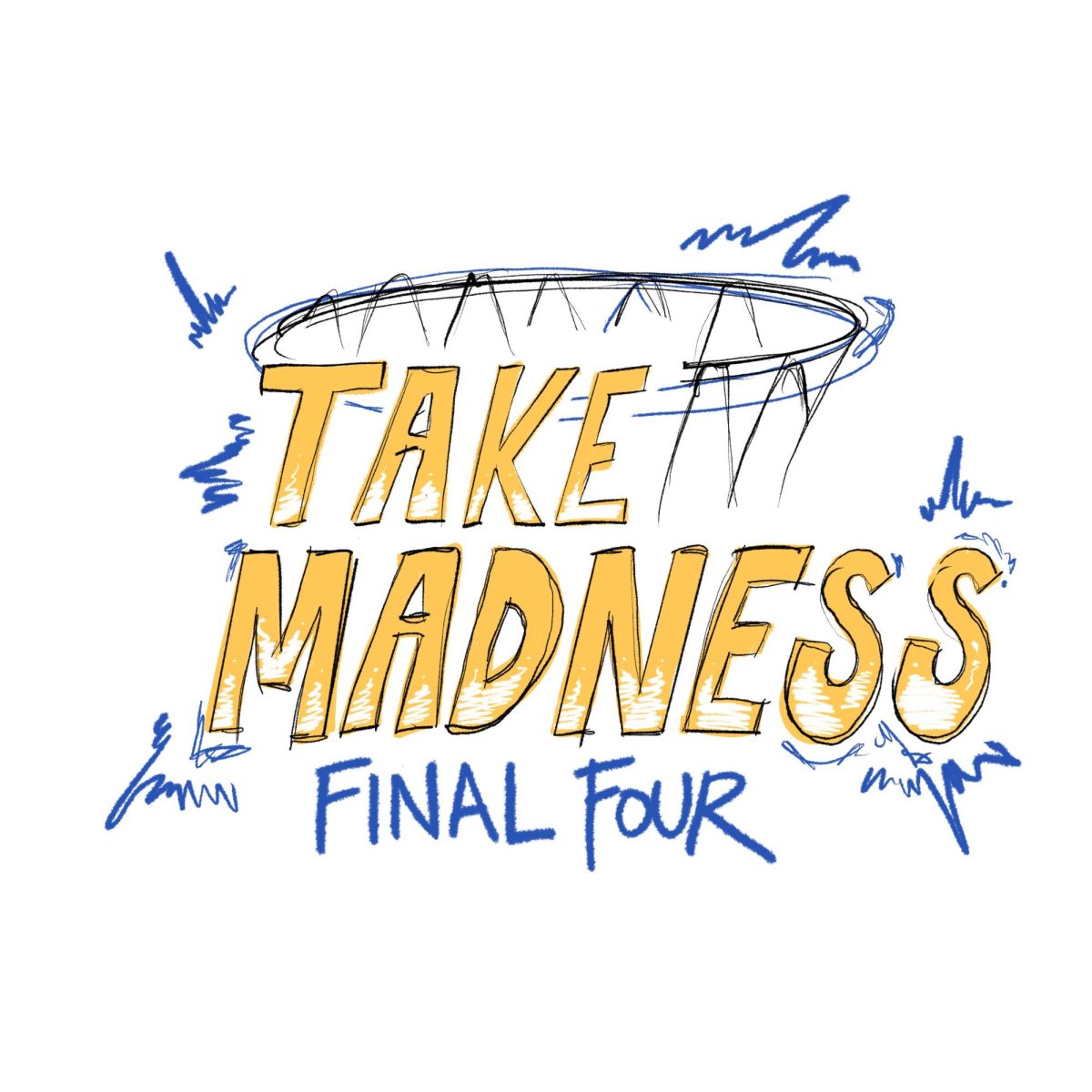Four Loko pulls caffeine as FDA cracks down
November 17, 2010
Four Loko will no longer have caffeine, guarana or taurine, according to an announcement its… Four Loko will no longer contain caffeine, guarana or taurine, according to an announcement its manufacturer released late Tuesday, only a few hours before the Food and Drug Administration sent a warning letter to the company.
The malt beverage has placed its manufacturer, Phusion Projects, in the center of a national controversy over health concerns regarding caffeinated alcoholic beverages, prompting bans in several states and action from the FDA.
A few hours after the manufacturer’s announcement, the FDA issued a letter to several companies advising that caffeine constituted an “unsafe additive” in alcoholic drinks. Letters also went to Charge Beverages Corp., New Century Brewing Co. and United Brands Company, Inc.
Charge Beverages Corporation makes Core High Gravity HG Green, Core High Gravity HG Orange and Lemon Lime Core Spiked; New Century Brewing Company makes Moonshot, and United Brands Company Inc. makes Joose and Max.
The letter to Phusion Projects stated that “a number of qualified experts have concerns about the safety of caffeinated alcoholic beverages” and went on to say “the agency is not aware of data or other information to establish the safety of the relevant conditions of use for your product.”
The letters specified that the FDA had found the manufacture of the caffeinated alcoholic beverages to be a violation of the Federal Food, Drug and Cosmetic Act.
The Federal Trade Commission also released a statement alleging that the marketing of those drinks might be deceptive or unfair.
Phusion Projects released a statement that defended the product and conveyed its willingness to cooperate with regulators and policy makers. The company’s representatives referred all questions to that statement.
“We have repeatedly contended — and still believe, as do many people throughout the country — that the combination of alcohol and caffeine is safe. If it were unsafe, popular drinks like rum and colas or Irish coffees that have been consumed safely and responsibly for years would face the same scrutiny that our products have recently faced,” the release said.
A news release from the FDA said that the companies have 15 days to remedy the violation of the Federal Food, Drug and Cosmetic Act and prevent its recurrence. Further action, including seizure of the company’s product, is possible under federal law, according to the release.
The release did not specify if vendors were prohibited from selling Four Loko and other caffeinated alcoholic beverages. Representatives from the FDA could not be immediately reached for comment.
The FDA’s website stated that its warning excluded “coffee-based liqueurs,” and focused only on malt beverages to which caffeine was added.
Some students objected to the fact that the ban only extends to malt beverages with caffeine. Pitt sophomore Max Hatala said that he wasn’t sure how much of a difference it would make.
“People can just go out and buy vodka and an energy drink, and it’s basically the same thing,” he said.
The controversy has already affected distributors on and around campus. The Original Hot Dog Shop and Pitt’s Doggin It no longer stock Four Loko. Mellinger’s Beer Distributor still had about 20 cases of three flavors of Four Loko on display early yesterday afternoon.
Employees at all three businesses declined to comment on the ban.
Justin Whatley, who works at McBroom Beer Distributor in Regent Square, said that they never carried Four Loko.
“We don’t need a bunch of kids getting sick,” he said. “And we don’t need a bunch of underage kids trying to buy it.”
After several highly publicized incidents involving Four Loko — including an incident in which nine female students were hospitalized at Central Washington University — Michigan, Utah, Oklahoma, New York and Washington state all banned the drink before the FDA released its letter yesterday.
At the heart of the Four Loko controversy is the question of whether or not caffeine and alcohol are safe when consumed together.
Pitt’s Student Health Director Dr. Elizabeth Wettick said the combination could be dangerous for several reasons.
“Mixing caffeine and alcohol can increase the risk of alcohol poisoning by making people feel ‘less drunk’ which can lead them to drink more alcohol for longer periods of time,” she said in an e-mail. “Moreover, this can make you feel ‘awake drunk,’ thus, making you feel more energetic even if you are drunk, which can lead to more dangerous behaviors such as driving drunk, violence or destructive actions.”
She added that the effects on other parts of the body are harsh as well.
“Alcohol and caffeine are both diuretics, which can lead to dehydration (and hangovers). The combination can also make your heart rate and blood pressure rise quickly and to a dangerous level. Moreover, adding caffeine (an addictive ingredient) to alcohol can make drinking alcohol even more addictive,” she said.
A 2006 study conducted by Wake Forest University’s School of Medicine found that North Carolina college students who drank alcohol with caffeinated drinks were nearly twice as likely to take sexual advantage of another, be sexually taken advantage of or ride with a driver who was intoxicated.
The students who drank alcoholic energy drinks were also more than twice as likely to get hurt or require medical treatment than those drinking uncaffinated drinks.


